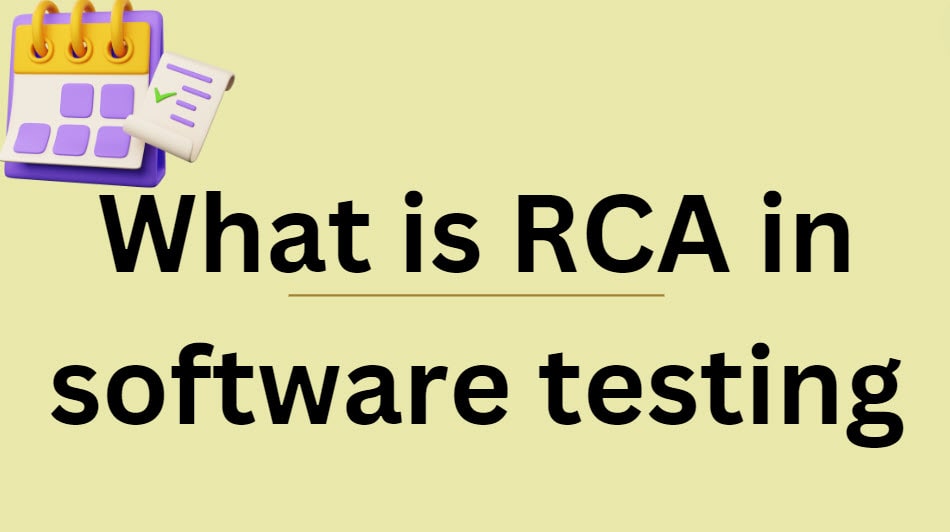In software testing, Root Cause Analysis (RCA) is a crucial methodology for identifying and addressing the underlying reasons behind software defects. RCA is a structured and effective process that examines various aspects of software development to pinpoint the origin of issues.
RCA in Software Testing
Root Cause Analysis is more than just finding and fixing bugs; it’s about understanding why those bugs occurred in the first place. It’s a technique used to find answers as to why a problem has happened, working to name the origin of the problem using specific tools and methodologies. This approach allows development teams to address issues at their source, preventing similar problems from recurring in the future.
Importance of RCA
Implementing RCA in software testing offers several benefits:
- Defect Prevention: By identifying the root cause, teams can implement measures to prevent similar defects in the future.
- Improved Quality: Addressing underlying issues leads to overall improvement in software quality.
- Cost Reduction: Fixing problems at their source is often more cost-effective than repeatedly addressing symptoms.
- Enhanced Understanding: RCA provides deeper insights into the software development process, fostering continuous improvement.
Steps to Perform Root Cause Analysis
The RCA process typically involves several key steps:
- Problem Identification: Clearly define the issue at hand.
- Data Collection: Gather all relevant information related to the defect.
- Cause Identification: Use various techniques to identify potential causes.
- Root Cause Determination: Analyze the identified causes to determine the root cause.
- Solution Development: Develop and implement corrective actions.
- Result Verification: Monitor the implemented solutions to ensure effectiveness.
Techniques Used in RCA
Several techniques can be employed during the RCA process:
Fishbone Diagram: Also known as the Ishikawa diagram, it visualizes potential causes of a problem.
Pareto Analysis: This technique helps identify the most significant factors contributing to a problem.
Fault Tree Analysis: A top-down approach that uses boolean logic to analyze system failures.
Causal Factor Tree Analysis: A method that organizes and analyzes the causal factors of an event.
RCA in the Context of Modern Software Development
In today’s fast-paced software development environment, RCA plays a crucial role in maintaining quality while keeping up with rapid release cycles. It’s particularly important in Agile and DevOps methodologies, where continuous improvement is a core principle.
Modern tools and platforms have made RCA more accessible and efficient. Some platforms provide automated RCA capabilities, helping teams quickly identify and address issues in complex software systems.
You may also like following the articles below
Conclusion
Root Cause Analysis (RCA) is an indispensable tool in software testing. By focusing on ‘detect,’ ‘analyze,’ and ‘prevent,’ RCA enables development teams to not just fix issues but understand and eliminate their underlying causes. This approach leads to higher-quality software, more efficient development processes, and, ultimately, better products for end-users.

My name is Madhu, and I’m a certified Test Consultant with more than 16 years of hands-on experience developing and maintaining manual and Test Automation in the Software industry. I have experience with automation tools such as Selenium, Katalon Studio, etc.
